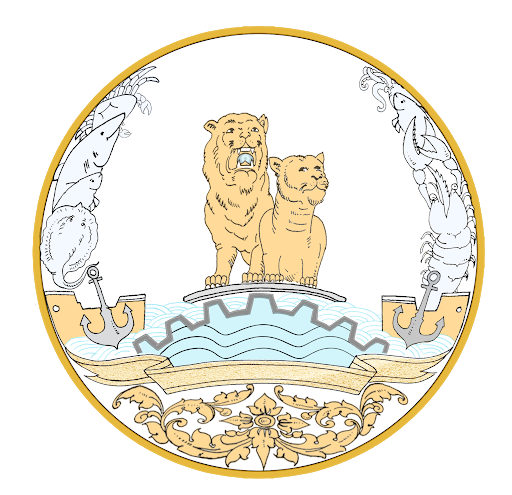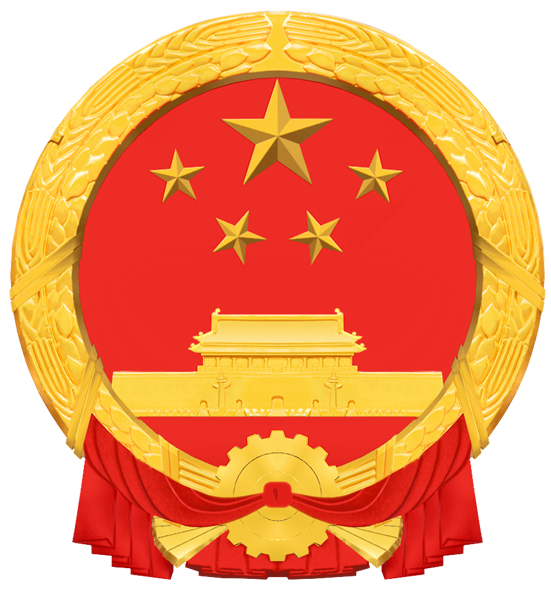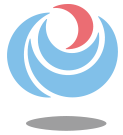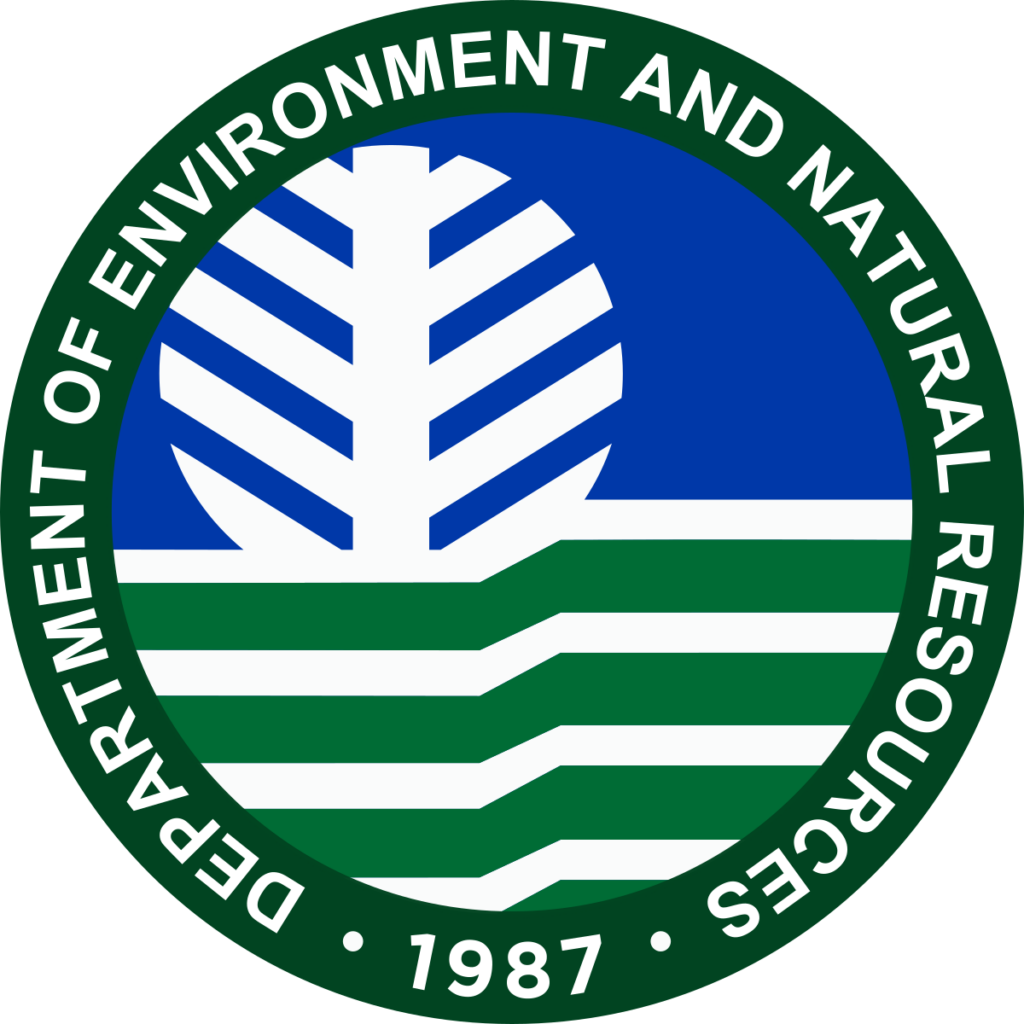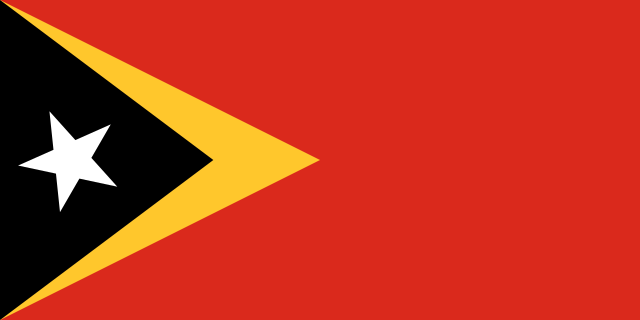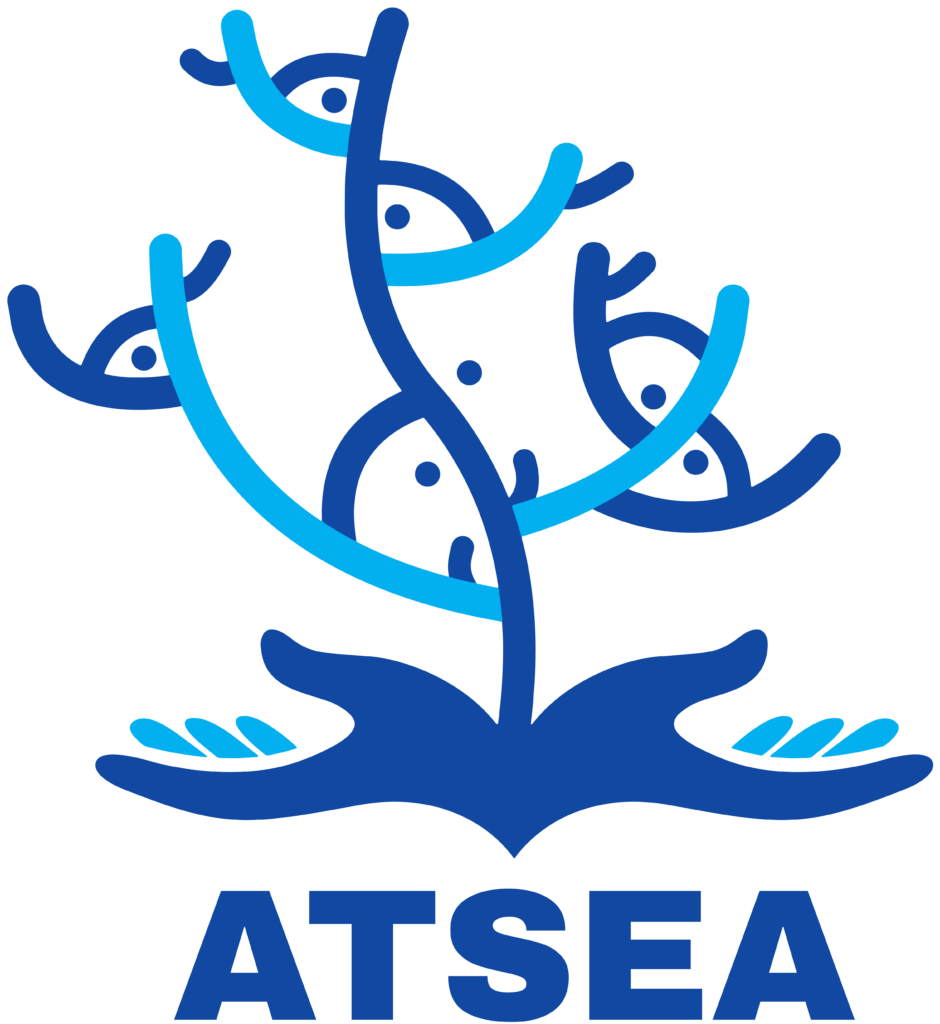Overview
Over 60 percent of global plastic pollution in the marine environment has been attributed to come from Southeast Asia, where cities are expanding, economies are growing, and urban waste management systems are struggling to keep up. The United Nations Economic and Social Commission for Asia and the Pacific (UNESCAP), is spearheading an initiative towards reducing the environmental impacts in ASEAN cities through “Closing the Loop (CTL)”, a project addressing plastic waste pollution and leakage into the marine environment.
The CTL Project is supported by the Government of Japan and works with several Japanese organizations such as the Institute for Global Studies (IGES) to realize the Osaka Blue Ocean Vision, which aims to bring marine plastic litter to zero by 2050.
On August 5, 2021, UNESCAP, Plymouth Marine Laboratory (PML), Partnerships in Environmental Management for the Seas of East Asia (PEMSEA), IGES, University of Wageningen (WUR) in the Netherlands, and Viet Nam National University (VNU) launched “Measure! Monitor! Manage! Innovative approaches to evidence-based plastic pollution prevention,” an online learning collab that examined the process of tracking plastic pollution in cities and the ocean with real-world applications, live demonstrations, and a roundtable session.
The Closing the Loop approach seeks to understand how cities near the ocean can reduce their plastic pollution. It centers around the theme of measuring and monitoring plastic waste through innovative and smart technologies, and with this information, managing plastic waste through policy and investment strategies. In project areas, this is actualized by creating a baseline assessment for measurement, implementing a digital mapping tool to enhance monitoring, and creating city action plans to guide management.
To date, this process has been implemented in four countries: Kuala Lumpur (Malaysia), Da Nang (Viet Nam), Surabaya (Indonesia), and Nakhon Si Thammarat (Thailand). A free eLearning course titled “Cities and Marine Plastic Pollution: Building a Circular Economy” has also been developed to help build capacity in local governments.
Measure! Monitor! Manage! to address plastic pollution
To measure means creating the baseline assessment. This is an intensive and involved process and is not intended to be repeated annually. It involves a geographical assessment of the path of plastic and potential leakage points and an assessment of existing recycling and plastic pollution prevention efforts and national goals.
The digital mapping tool developed for monitoring plastic waste integrates satellite data, sensor data, and crowdsourcing. Machine learning is used to identify plastic debris, and the resulting data can produce a clear picture of local plastic hotspots. This all feeds into a plastic pollution calculator, which reveals that in Da Nang, Viet Nam, for example, 1.3 percent of plastic waste becomes marine debris. Of this amount, 56.9 percent are plastic bags. The composition of plastic that becomes marine waste is different than overall plastic composition due to differences in recyclability and other end-of-life treatments.
This open-source, eLearning course by UN ESCAP is available for free, requiring only a laptop with internet connection. While targeted for use by local government officials, it is also available for the general public. The seven-module, 15-hour course is designed to facilitate city-level local government capacity building for the measurement and management of plastic pollution from land-based sources.
Through the Closing the Loop Project, cities should be able to establish data-driven policy making at the local levels. Viet Nam, Indonesia, Malaysia, and Thailand have already developed national plans to which city-level plans could contribute, and the Philippines is in the advanced stage of preparing one. It is hoped that more cities will be able to adapt the processes and tools created through the Closing the Loop project, providing local actions to tackle the global crisis around marine plastic pollution.
Format
Workshop with breakout groups
Target Audience
City/municipal managers, local government agencies, educators, companies, media/influences, programmes/initiatives that are looking to tackle the plastic pollution challenge, and all other interested individuals
Details
South East Asia contributes to over 60 percent of the global plastic pollution in the marine environment and with their cities growing exponentially, urban waste management systems are struggling to keep up, only worsening the problem.
The event, entitled “Measure! Monitor! Manage! Innovative approaches to evidence-based plastic pollution prevention” focused on the latest innovative approaches in managing marine plastic pollution and deep dived into tracking plastic pollution in cities and the ocean with real-world applications, live demonstrations, and a round table session. The session was led by experts, scientists, and urban practitioners in plastic waste measuring, monitoring, and management and held on 5 August 2021, 2 PM – 5 PM (UTC+8) via Zoom.
One of the event co-organizers, the United Nations Economic and Social Commission for Asia and the Pacific (UN ESCAP), is undertaking an initiative towards reducing the environmental impacts in ASEAN cities. Entitled “Closing the Loop (CTL),” the project addresses plastic waste pollution and leakage into the marine environment. In line with this, the event highlighted the latest project developments and shared insights from their free eLearning course named: Cities and Marine Plastic Pollution: Building a Circular Economy.
The CTL Project is supported by the Government of Japan and works with several Japanese agencies/organizations, including the Institute for Global Studies (IGES), to realize the Osaka Blue Ocean Vision. This platform, developed at the G20 summit in Osaka in 2019, aims to bring marine plastic litter to zero by 2050.
Plymouth Marine Laboratory (PML), a PEMSEA non-country partner based in the United Kingdom (UK), has been working with UN ESCAP on the plastics issue as well. Together with the University of Wageningen (WUR) in the Netherlands, they demonstrated state-of-the-art technologies and techniques in a live demo session during the event that can measure and monitor plastic waste in urban and marine environments.
“Plastic marine litter is one of today’s most serious emerging issues, and without any countermeasures, the amount of plastic waste in the ocean will outweigh fish by 2050, posing a threat to the environment and our way of life,” said Kazuya Nashida, the Ambassador of Japan in Thailand. “It is said that the COVID-19 pandemic has increased pollution from disposable products, such as plastic face masks and hand sanitizer bottles. To counteract this, we must work together to identify sources and pathways to reduce the environmental impact of plastic waste.”
The event was co-organized by: PML, UNESCAP, IGES, WUR, and the Viet Nam National University (VNU).
For more information on the project, please visit: https://www.unescap.org/projects/ctl.






